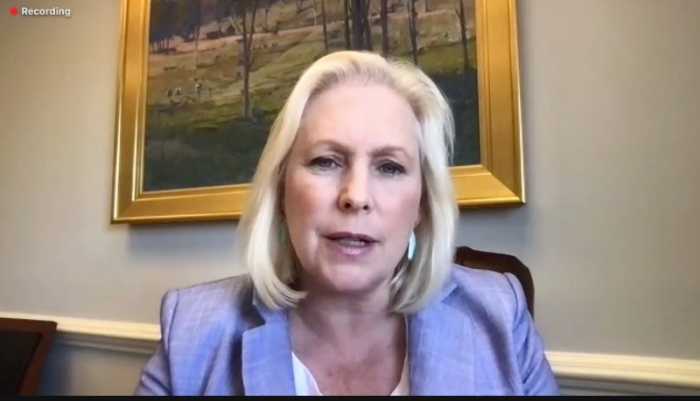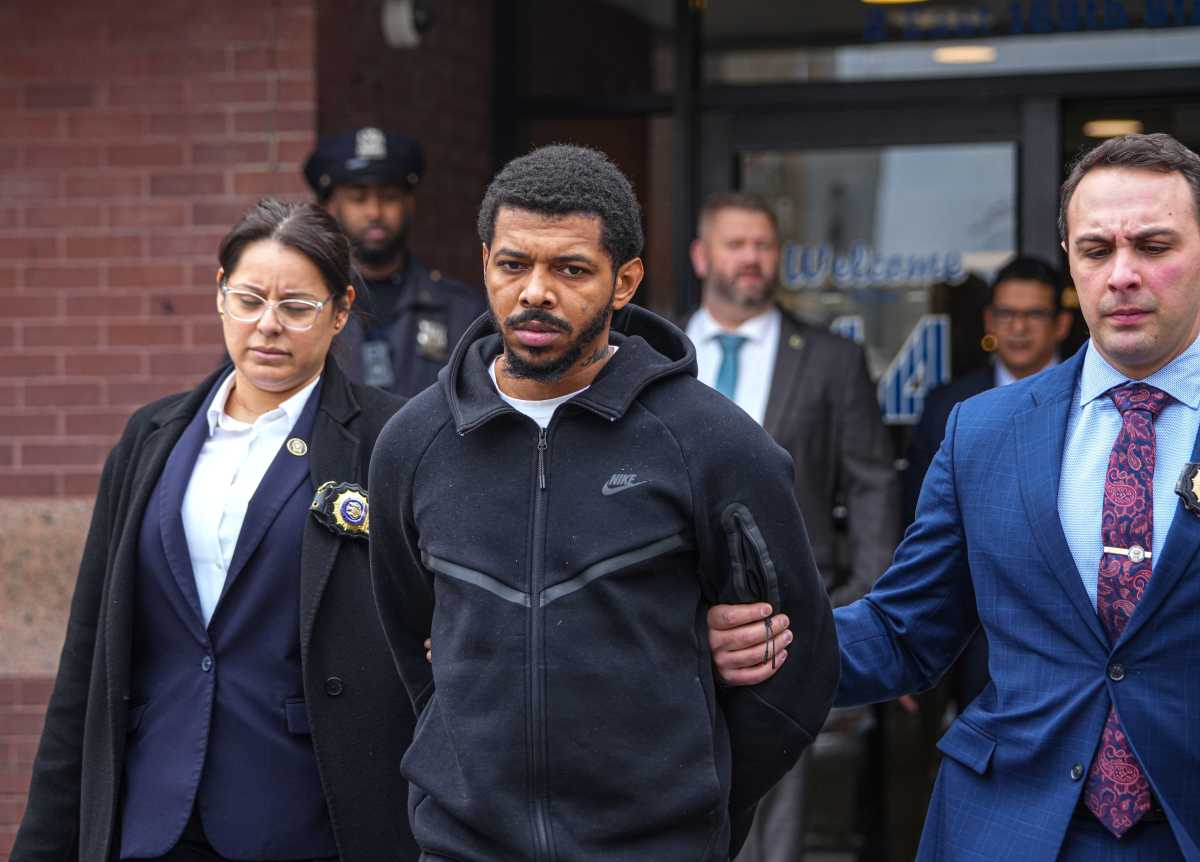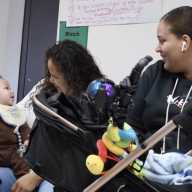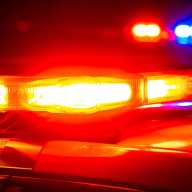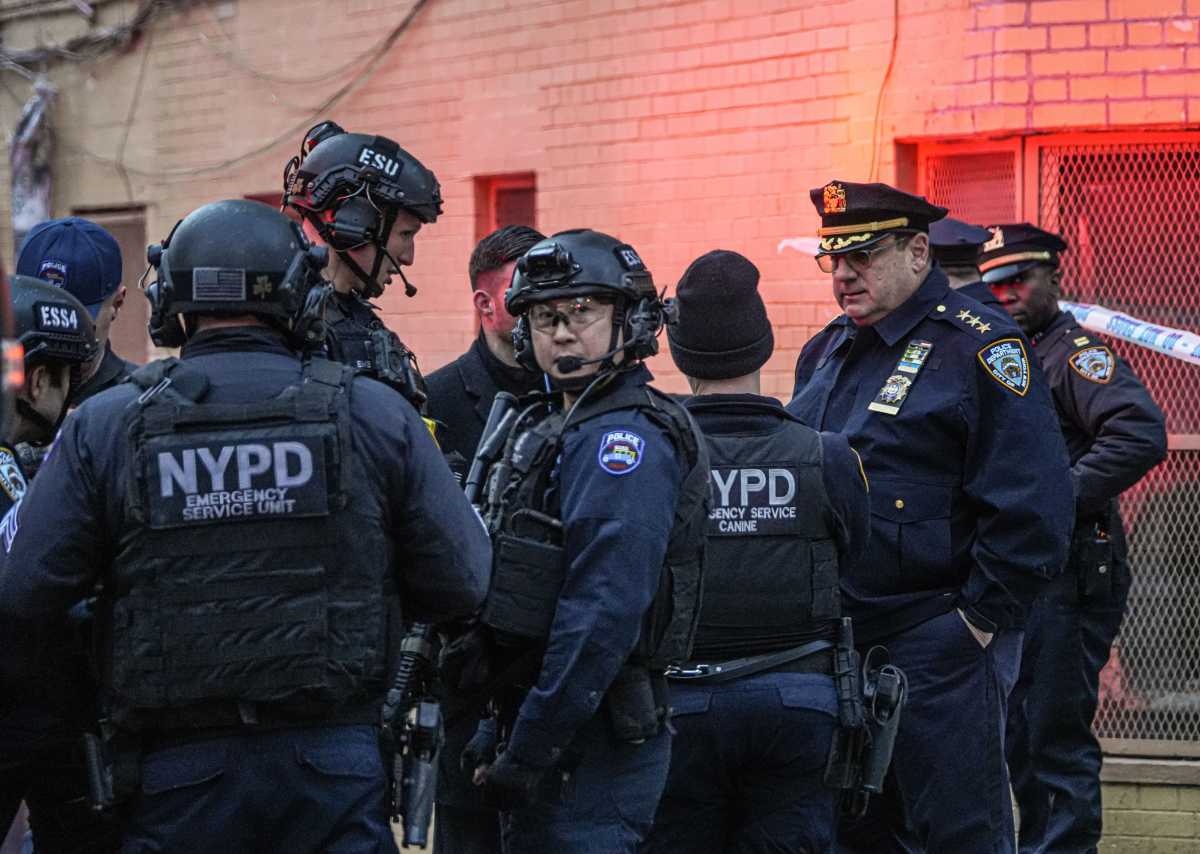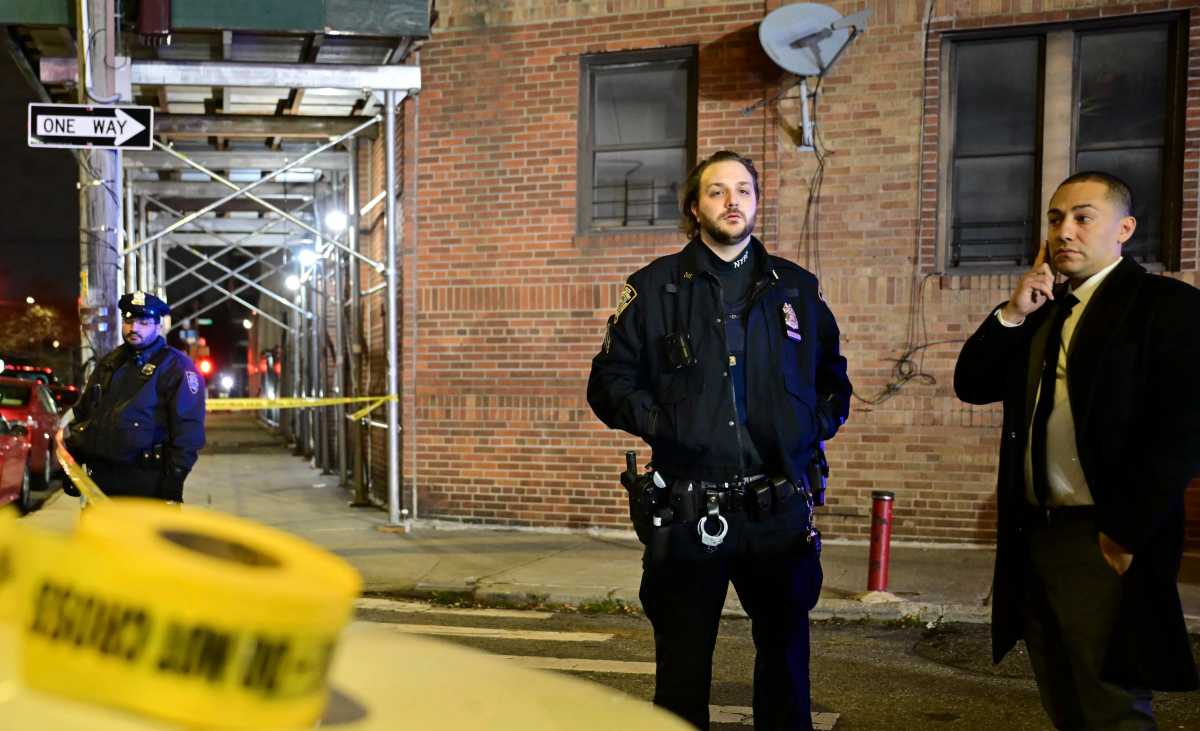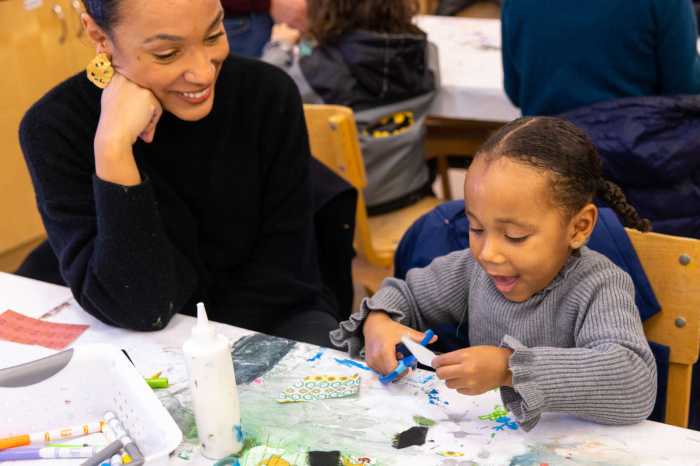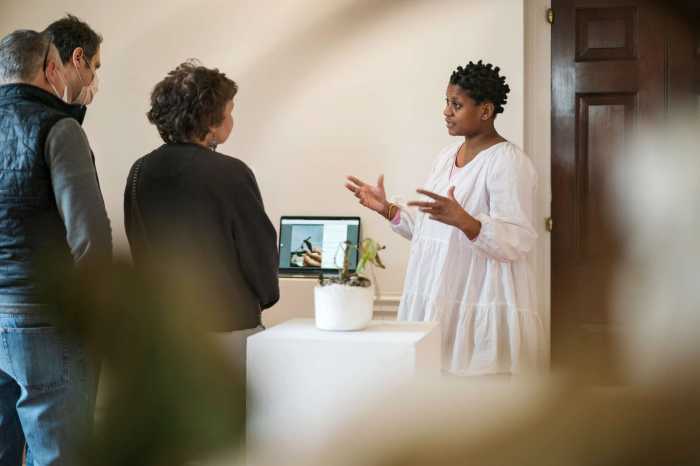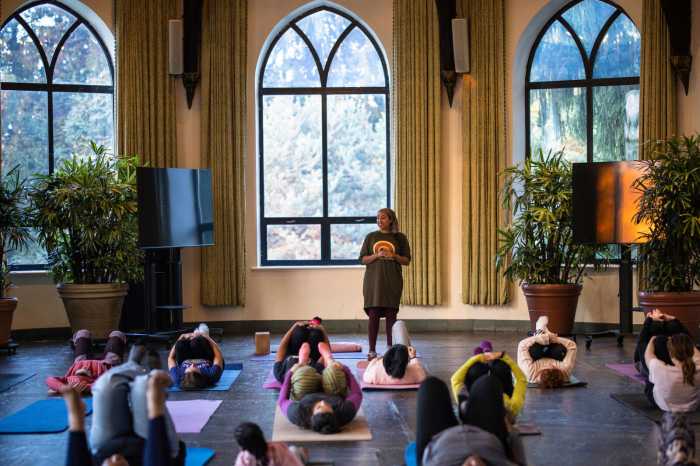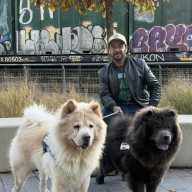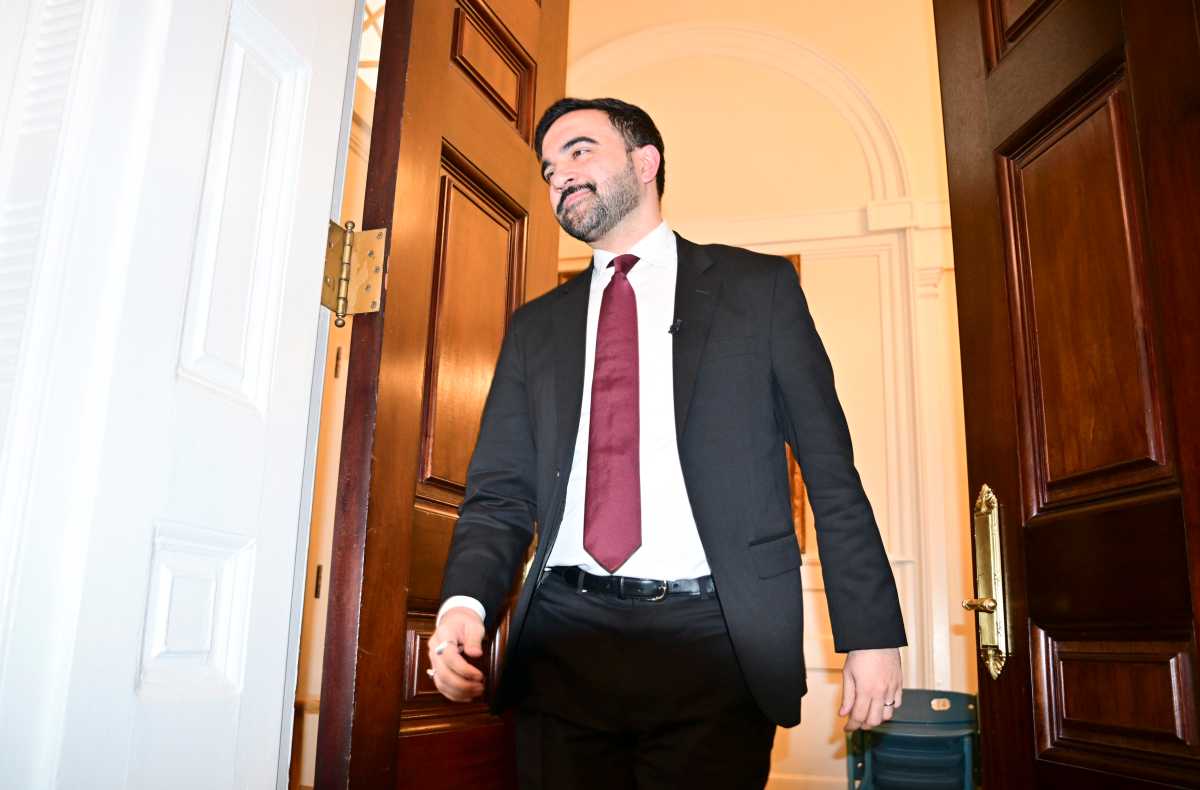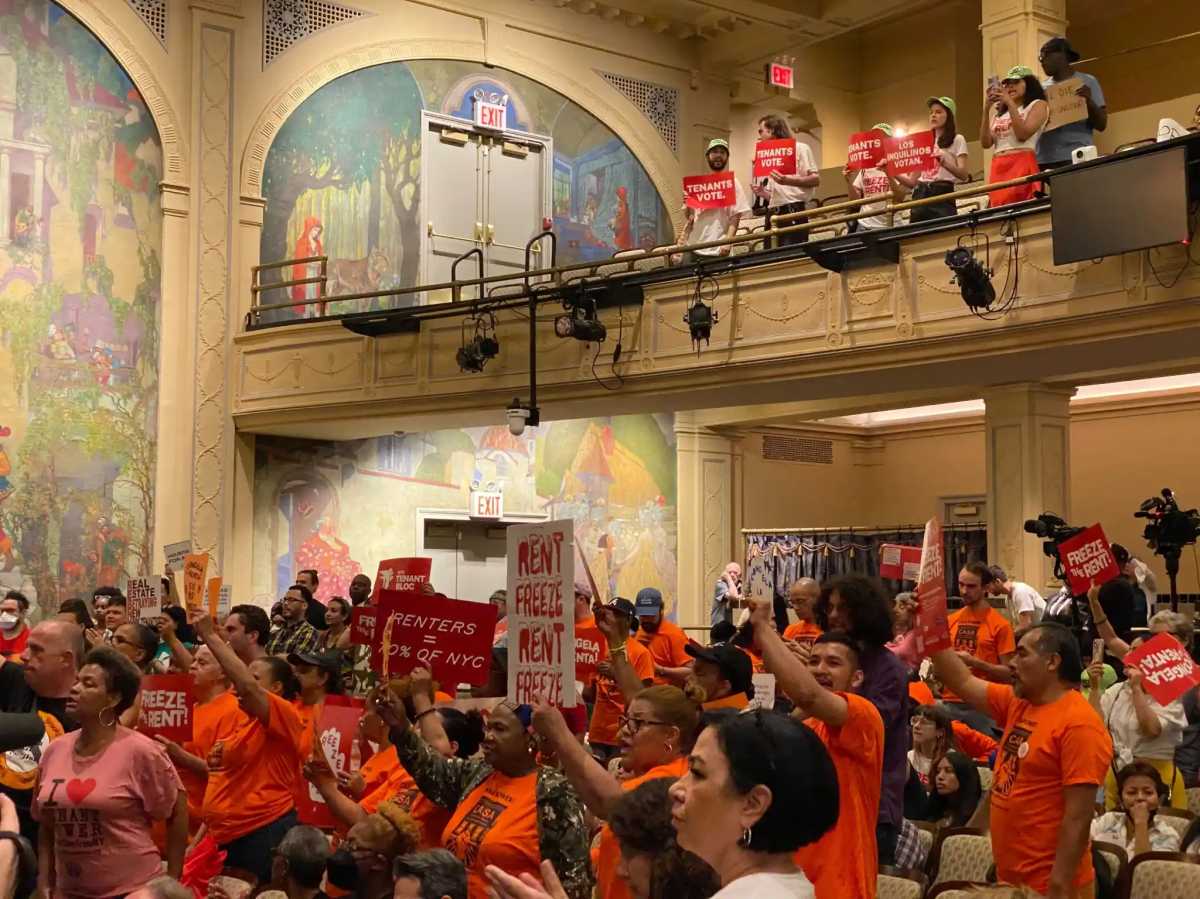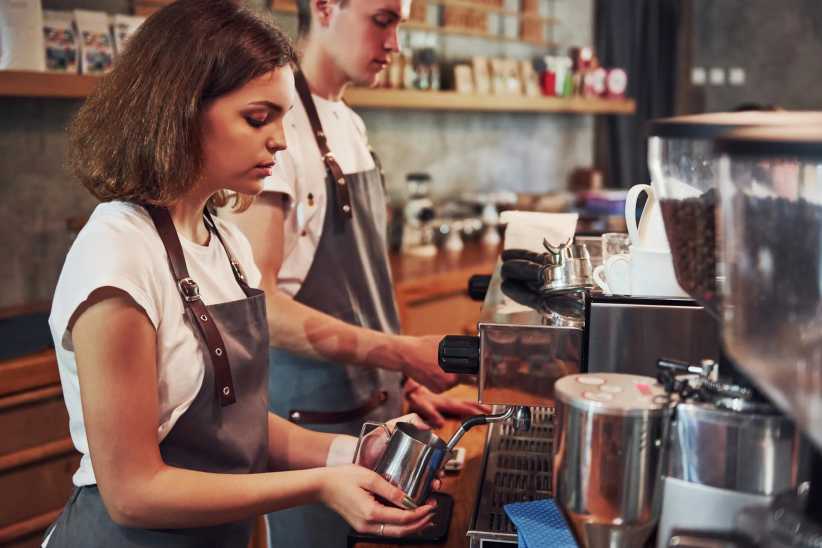Although Bronxites continue to make up a bigger portion of the city’s monkeypox case counts each week, the northernmost borough’s residents have had thousands fewer doses administered to them than neighboring boroughs.
According to data released by the NYC Department of Health and Mental Hygiene on Thursday, Bronx residents make up 415, or 16.71% of diagnosed cases citywide, yet they’ve been on the receiving end of only 3,377, or 5.33% of 63,328 vaccines administered to city residents.
Meanwhile, there were 9,106 doses or 14.4% of vaccines administered citywide to Queens residents, a borough that has only reported 368 cases based on data released Thursday. Case count data by borough and other demographics has a two-day lag and therefore is reflective of Tuesday’s 2,483 cases citywide. By Thursday, there were 2,548 cases citywide.
Last week, the data showed Bronxites making up 15.59% of the reported cases so far, up from 11.4% in late July.
Bronx residents make up 10% of the city’s population described by the city health department as “may be currently eligible for vaccination”: adult men or transgender, gender non-conforming and non-binary people who have sex with men who have had two or more sexual partners in the past 12 months, as measured by the 2020 NYC Community Health Survey, which includes about 10,000 randomly selected adults citywide who can be reached by cellphone and self report.
The slight differences between the survey category and vaccine eligibility are that vaccine eligibility specifies those who have had either multiple or anonymous sex partners, and across the course of just the past 14 days.
Queens residents represent 16% of those who may be eligible for the vaccine, according to this 2020 survey, which is being cited by the health department to compare what percentage of various demographic groups could be eligible for the vaccine with the percentage of those who have been vaccinated from their respective identities.
Manhattan residents have made up the most cases and vaccinations alike, with 29,559 doses administered and 1,104 cases reported. Manhattan residents made up 44% of the eligible population, using the 2020 survey, and 46.7% of vaccines have gone to them.
Brooklyn is up next with 576 cases and 18,057 vaccines. The 2020 data shows that 23% of the potentially eligible residents in NYC live in Brooklyn and 28.5% of those who have received the vaccine live in the borough.
Staten Island has continued to report the least amount of cases in the city, with just 19 diagnoses, and 369 of the borough’s residents have received the vaccine. Staten Island only makes up 7% of the potentially eligible population, per the 2020 data, yet only .5% of those who have gotten the vaccine.
The borough of residence is unknown for two reported cases and 2,860 vaccine doses administered.
Black residents are underrepresented in the vaccine administration so far — using the 2020 numbers — making up 31% of the population who may be eligible for vaccination yet only receiving 12% of vaccines administered. White residents make up 45% of that potentially eligible population and 45.8% of those who have received the vaccine.
Hispanic New Yorkers — which includes people of any race — make up 16% of the potentially eligible population, according to this data, yet 23.3% of those vaccinated.
Bronx Borough President Vanessa Gibson’s office said her administration is alarmed by the disparities for “Black New Yorkers and vaccine-eligible residents in our borough,” citing vaccine equity as a priority.
While there were vaccine appointments available on the city portal Wednesday evening, there were none by Thursday late afternoon. Select community based organizations have a limited number of appointment referrals for high risk individuals but the city health department is not disclosing the organizations so as not to overwhelm them with new clients, according to spokesperson Michael Lanza.
The health department announced in a press release on Thursday that the city plans to award $5 million to more than 24 community based organizations to promote vaccination with a focus on LGBQ+ and BIPOC New Yorkers in communities that face health and other socioeconomic disparities.
CDC data updated on Wednesday shows that there are 39,434 confirmed cases in this outbreak globally. Worldwide, there have been 12 confirmed deaths. The U.S., where no deaths have been reported, has seen 13,517 confirmed cases, with 2,675 in New York state. The Empire State has reported more cases than any other state in the country, with California reporting 2,356 cases, Florida 1,346, Texas 1,078 and Georgia 1,033.
Anyone can get monkeypox, and there are likely many more cases than diagnosed, according to city health officials. To learn more about monkeypox, visit the city health department’s monkeypox web page.
The Bronx Times has asked the health department if the vaccine demographic data has a two-day lag — like the case demographic data — and is awaiting a response.
Reach Aliya Schneider at aschneider@schnepsmedia.com or (718) 260-4597. For more coverage, follow us on Twitter, Facebook and Instagram @bronxtimes


